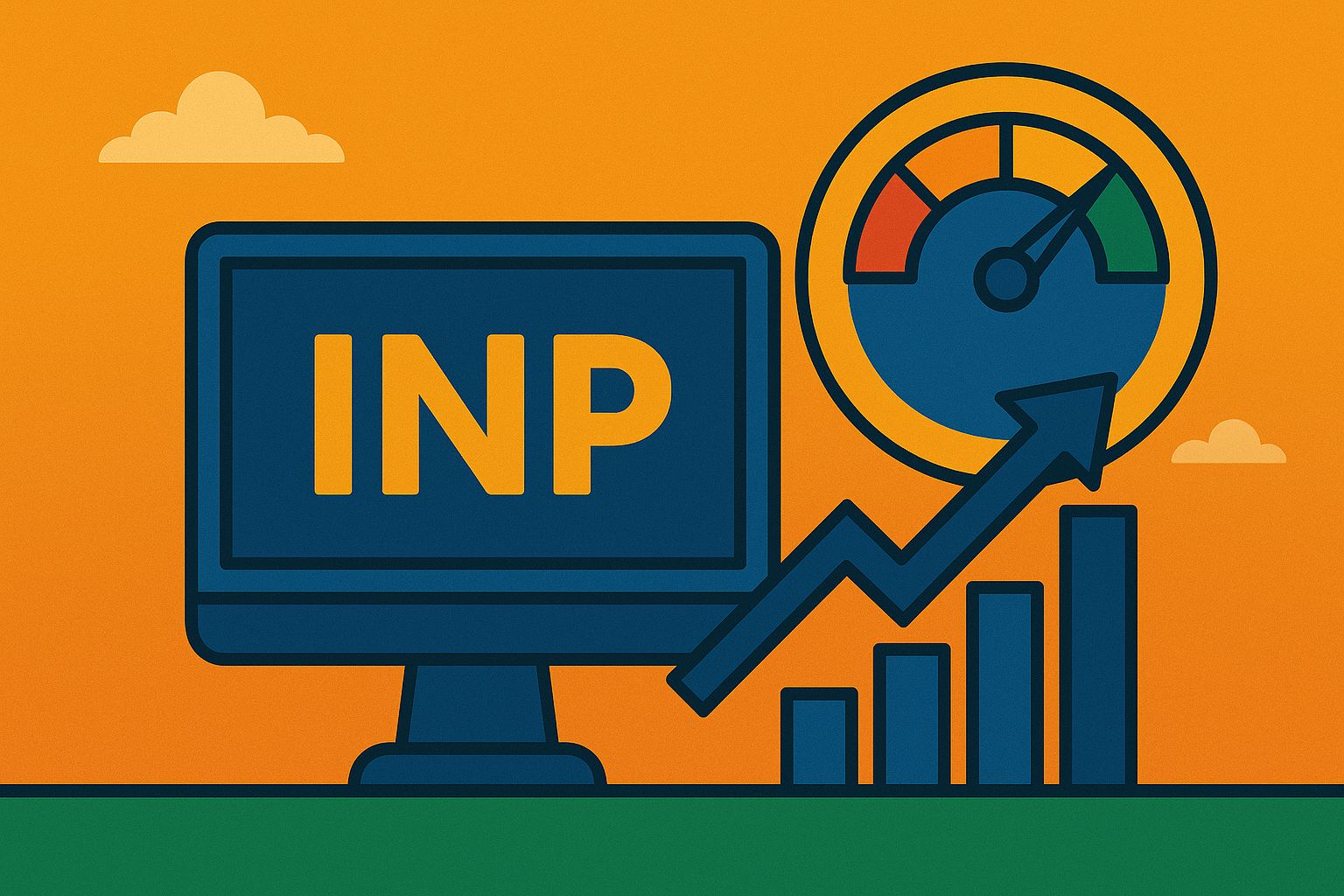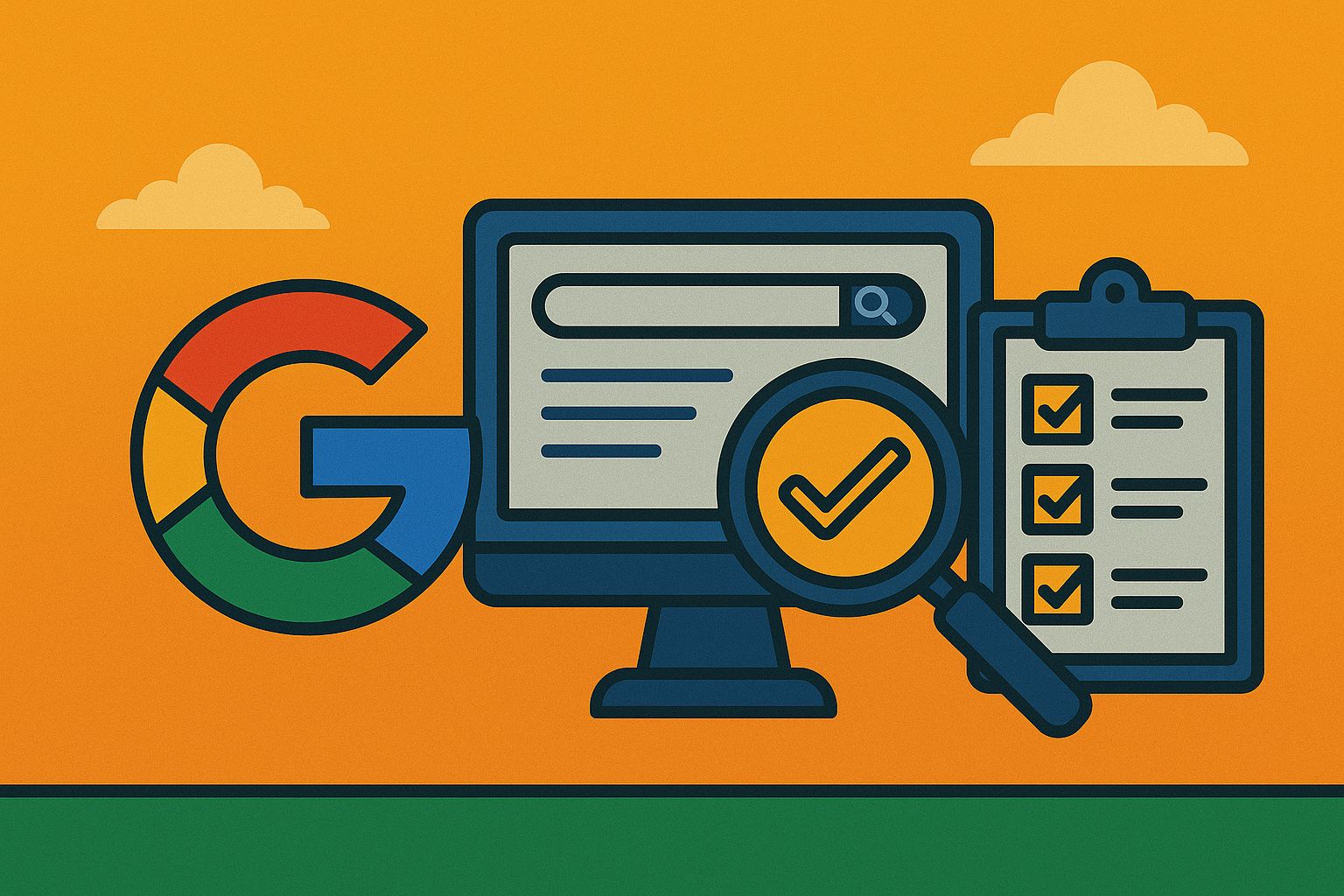In the ever-evolving world of technology, Software as a Service (SaaS) has emerged as a game-changer. SaaS solutions offer unparalleled flexibility, scalability, and cost-effectiveness, making them a popular choice for businesses of all sizes. This guide aims to provide a comprehensive understanding of Software as a Service, exploring its benefits, key features, and how it can transform your business operations.
What is Software as a Service (SaaS)?
Software as a Service, commonly referred to as SaaS, is a software distribution model where applications are hosted by a service provider and made available to customers over the internet. Unlike traditional software, which requires installation and maintenance on individual devices, SaaS applications are accessed via a web browser, eliminating the need for complex installations and updates.
The Evolution of SaaS
The concept of SaaS dates back to the 1960s when mainframe computers shared resources among multiple users. However, it wasn’t until the late 1990s and early 2000s that SaaS began to gain traction with the rise of the internet and cloud computing. Companies like Salesforce pioneered the SaaS model, offering customer relationship management (CRM) software as a service, paving the way for a plethora of SaaS applications across various industries.
Key Features of SaaS
SaaS solutions come with several distinctive features that set them apart from traditional software:
- Accessibility: SaaS applications can be accessed from anywhere with an internet connection, providing users with unparalleled flexibility and mobility.
- Scalability: SaaS providers offer scalable solutions that can grow with your business. You can easily upgrade or downgrade your subscription based on your needs.
- Automatic Updates: SaaS applications are automatically updated by the service provider, ensuring that you always have access to the latest features and security enhancements.
- Cost-Effective: SaaS eliminates the need for expensive hardware and software installations. You typically pay a subscription fee, which can be more manageable for businesses of all sizes.
- Integration: Many SaaS applications can seamlessly integrate with other software and services, enhancing their functionality and providing a unified user experience.
Benefits of SaaS
The adoption of SaaS brings numerous benefits to businesses, including:
- Cost Savings
One of the most significant advantages of SaaS is cost savings. With SaaS, there is no need to invest in expensive hardware, software licenses, or IT infrastructure. The subscription-based model allows businesses to manage their budgets more effectively and only pay for what they use.
- Flexibility and Scalability
SaaS solutions offer unmatched flexibility and scalability. Businesses can easily adjust their subscriptions to accommodate changing needs, whether it’s adding more users, accessing additional features, or scaling down during slower periods. This adaptability ensures that businesses can respond swiftly to market changes and operational demands.
- Ease of Use
SaaS applications are designed to be user-friendly and require minimal technical expertise. With intuitive interfaces and streamlined workflows, employees can quickly adopt and utilize these tools, enhancing productivity and reducing the learning curve associated with new software.
- Security and Reliability
SaaS providers invest heavily in security measures to protect their customers’ data. With features like data encryption, regular backups, and robust authentication protocols, businesses can trust that their information is safe and secure. Additionally, SaaS applications are hosted on reliable cloud infrastructure, ensuring high availability and minimal downtime.
- Automatic Updates and Maintenance
Managing software updates and maintenance can be a time-consuming and costly task for businesses. SaaS providers handle all updates and maintenance, ensuring that users always have access to the latest features and improvements without any disruptions. This allows businesses to focus on their core operations rather than worrying about software management.
Common SaaS Applications
SaaS applications span a wide range of categories, catering to various business needs. Some common types of SaaS applications include:
- Customer Relationship Management (CRM): Tools like Salesforce and HubSpot help businesses manage customer interactions, sales processes, and marketing campaigns.
- Collaboration and Communication: Platforms like Slack, Microsoft Teams, and Zoom facilitate seamless communication and collaboration among team members.
- Human Resources (HR): SaaS solutions like Workday and BambooHR streamline HR processes, including recruitment, employee management, and payroll.
- Accounting and Finance: Applications such as QuickBooks and Xero provide robust accounting and financial management capabilities.
- Project Management: Tools like Asana, Trello, and Monday.com help teams plan, track, and manage projects efficiently.
Choosing the Right SaaS Provider
Selecting the right SaaS provider is crucial for maximizing the benefits of SaaS solutions. Here are some factors to consider when evaluating potential providers:
- Reputation and Reliability: Research the provider’s reputation and track record. Look for customer reviews, case studies, and testimonials to gauge their reliability and customer satisfaction.
- Security and Compliance: Ensure that the provider adheres to industry standards and compliance regulations. Data security should be a top priority.
- Scalability and Customization: Choose a provider that offers scalable solutions and customization options to meet your specific business needs.
- Customer Support: Evaluate the provider’s customer support services. Responsive and knowledgeable support can make a significant difference in resolving issues and maximizing the value of the SaaS solution.
- Integration Capabilities: Consider how well the SaaS application integrates with your existing software and systems. Seamless integration can enhance productivity and streamline workflows.
Conclusion
Software as a Service (SaaS) has revolutionized the way businesses operate, offering flexible, scalable, and cost-effective solutions for various needs. By understanding the key features, benefits, and considerations of SaaS, businesses can make informed decisions and leverage these powerful tools to drive growth and efficiency. As technology continues to advance, SaaS will undoubtedly play an increasingly vital role in shaping the future of business operations.




